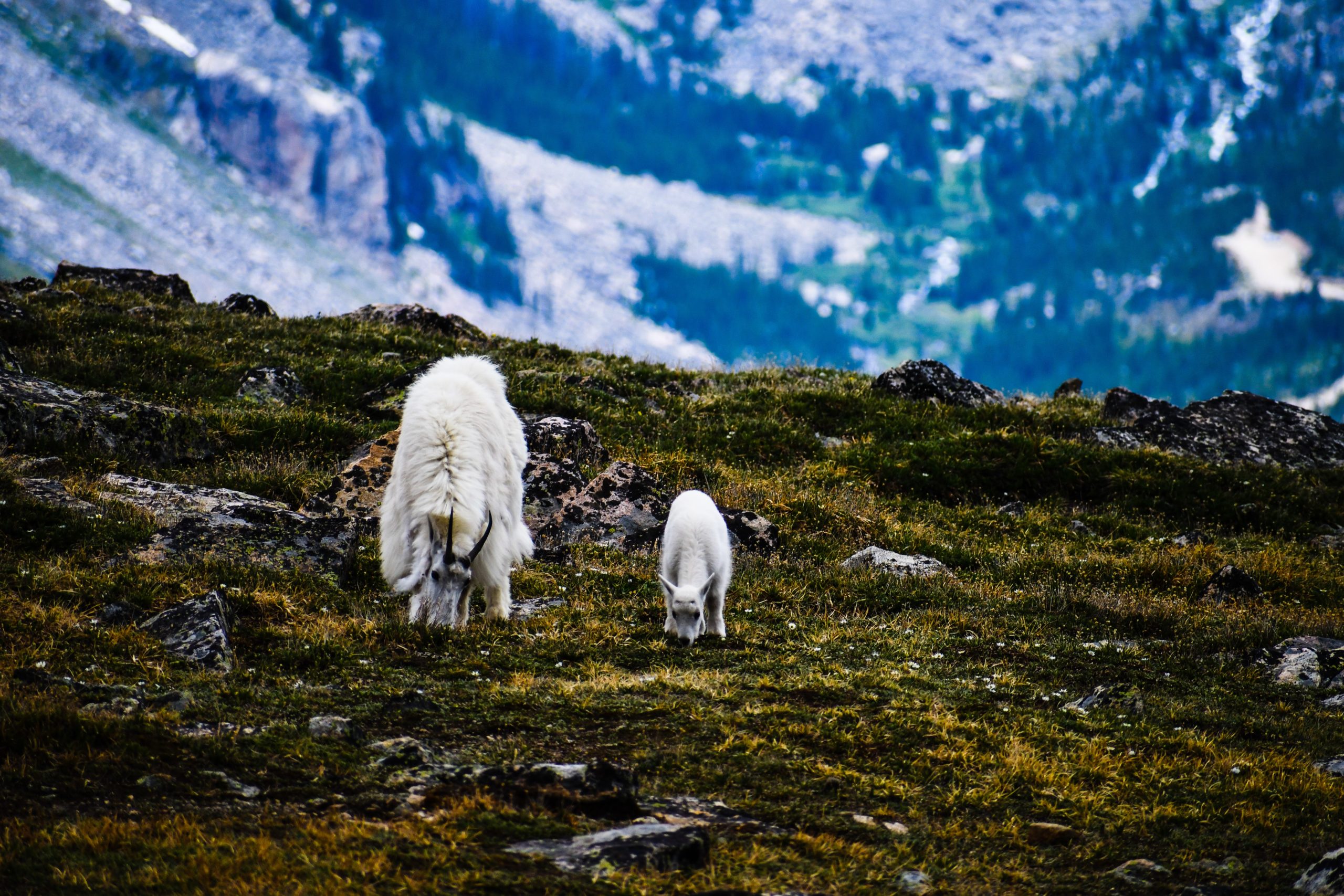The United Nations has declared December 11th as World Mountains Day—a day to celebrate and raise awareness of mountain communities. Mountains, besides being beautiful and rewarding to hike, also host many biodiversity hotspots!
Biodiversity refers to the marvellous variety of living beings on our planet. It offers both beauty and utility—plants serve medicinal or culinary purposes, and animals provide services, clothes, and food. There are numerous reasons why mountains may be conducive to biodiversity: they provide unique climatic and geologic conditions, which drive the formation of many different species. Researchers find that biodiversity is higher in mountains with oceanic bedrock, as the unique soil encourages adaptation in plants and animals.
This remarkable diversity includes people—nearly 15% of the global human population resides on mountains, such as the Andes in South America, the Alps in Southwestern Europe, parts of Uganda, and Tibet. The highest altitude at which humans have permanently lived is 17,100 feet, in southern Peru.
To thrive in these unusual conditions, people have had to develop resourceful lifestyles, often involving farming and livestock. For instance, pastoralists in Pakistan have bred livestock with traits that help with adaptation to climate change, including disease resilience. However, the effects of mountains reach far beyond their inhabitants, as mountains are attributed to
supplying fresh water to approximately half of humanity.

Currently, the biodiversity and cultures of the mountains are threatened by climate change as well as human influence. Rising temperatures encourage invasive species, and displace local people and animals as they search for cooler climates. Certain farming and land clearing techniques are dangerous, as the steepness predisposes mountain soil to erosion. Commercial practices, such as mining and logging, are unsustainable. Any pollution travels downstream, contaminating water supplies.
The United Nations is taking action to mitigate these threats and preserve biodiversity and the habitats of mountain-dwelling people. The upcoming Decade on Ecosystem Restoration, scheduled from 2021-2030, aims to rejuvenate ecosystems such as water bodies, forests, farmlands, and mountains.
They are implementing a holistic approach in regard to mountains, with actions such as adapting farming techniques, increasing soil cover, and planning less invasive infrastructure. The approach consists of three main targets to promote conservation and sustainability.
For more information, visit the United Nations website.
Keep up with all of Green Living‘s original content online and on social media.






